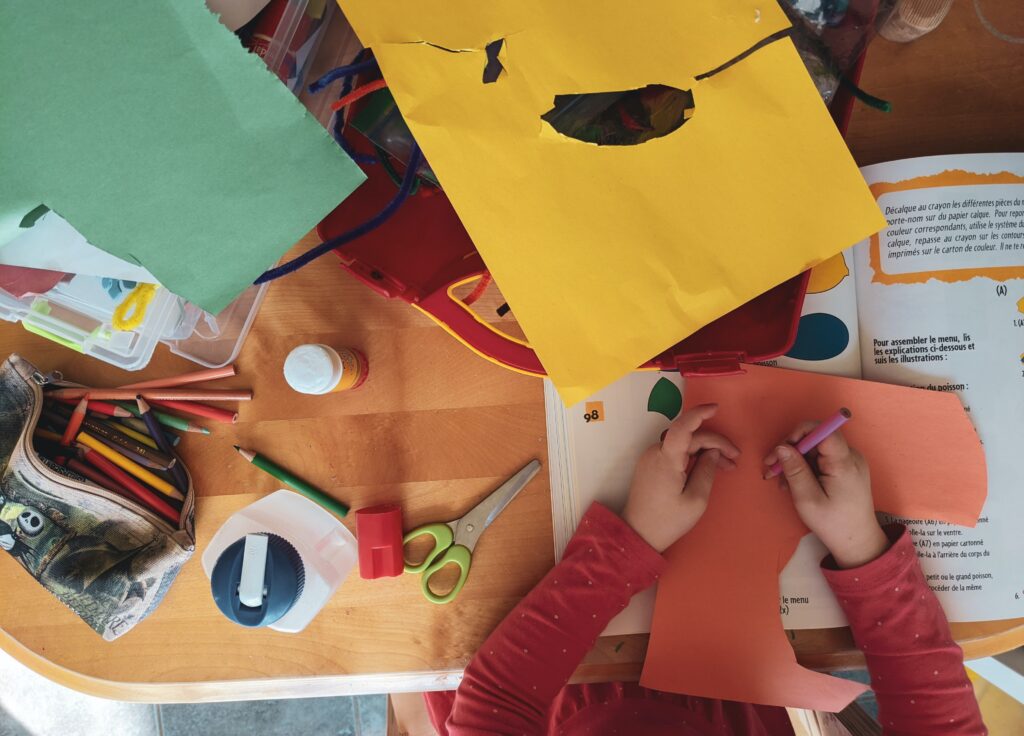Growing up is quite the journey, and as parents or guardians, our role in shaping our child’s future is a big deal. We want to support and guide them through the ups and downs of developing a positive self-image. This article explores practical strategies to help boost your child’s confidence and self-esteem, paving the way for them to become resilient, self-assured individuals.
Encouraging Independence
Encouraging independence in your child is crucial for their overall development. Foster a sense of autonomy by allowing them to make their own choices and live more independently, such as participating in primary school residential trips. Provide opportunities for them to take on responsibilities, like setting the table or organising their toys. Foster problem-solving skills by letting them tackle challenges independently, and offering guidance when needed. Encourage self-expression and decision-making, fostering a sense of confidence and competence. Allow them to learn from mistakes, emphasising that failures are opportunities to grow. Cultivate a supportive environment that nurtures their curiosity and independence, laying the foundation for lifelong self-reliance.
Create a Positive Home Atmosphere
Home is where a child’s heart is, and the vibe at home can seriously affect how they feel. Try to make it a nurturing environment by encouraging communication, showing love, and giving them a sense of security. When a child feels valued and accepted at home, their self-esteem has a better chance of thriving. Keep your communication positive and supportive. Instead of praising achievements, acknowledge their efforts and emphasise the importance of hard work and persistence. Setting the stage for a positive home environment lays the groundwork for your child’s confidence to grow.

Encourage Independence and Decision-Making
Give your child opportunities to make decisions and take on responsibilities to foster independence and a sense of accomplishment. Let them make choices appropriate for their age, like picking out their clothes or deciding on extracurricular activities. This autonomy helps them feel more confident in their decision-making abilities. When kids have the chance to make choices and face the consequences, they learn important life skills. This process also helps build their belief in their capabilities, contributing to the growth of their self-esteem.
Acknowledge Achievements, No Matter the Size
Recognising and celebrating your child’s achievements, no matter how small, is crucial for building their self-esteem. Whether mastering a new skill, completing a school project, or showing kindness to others, make it a point to acknowledge and praise their efforts. This positive reinforcement reinforces the idea that their actions and accomplishments matter. Celebrations don’t need to be grand; a simple word of appreciation or a small reward can boost your child’s confidence. The key is consistently highlighting their strengths and efforts, creating a positive feedback loop that contributes to a healthy self-image.
Teach Resilience in the Face of Challenges

Life is full of challenges, and teaching your child resilience is a valuable skill that directly impacts their confidence. Encourage them to view failures and setbacks as opportunities to learn and grow. Help them understand that mistakes are a natural part of learning and don’t define their worth.
By fostering a resilient mindset, you equip your child with the tools to overcome obstacles and setbacks. This resilience contributes to a strong self-esteem, as they learn to bounce back from failures and setbacks with increased determination and confidence.


